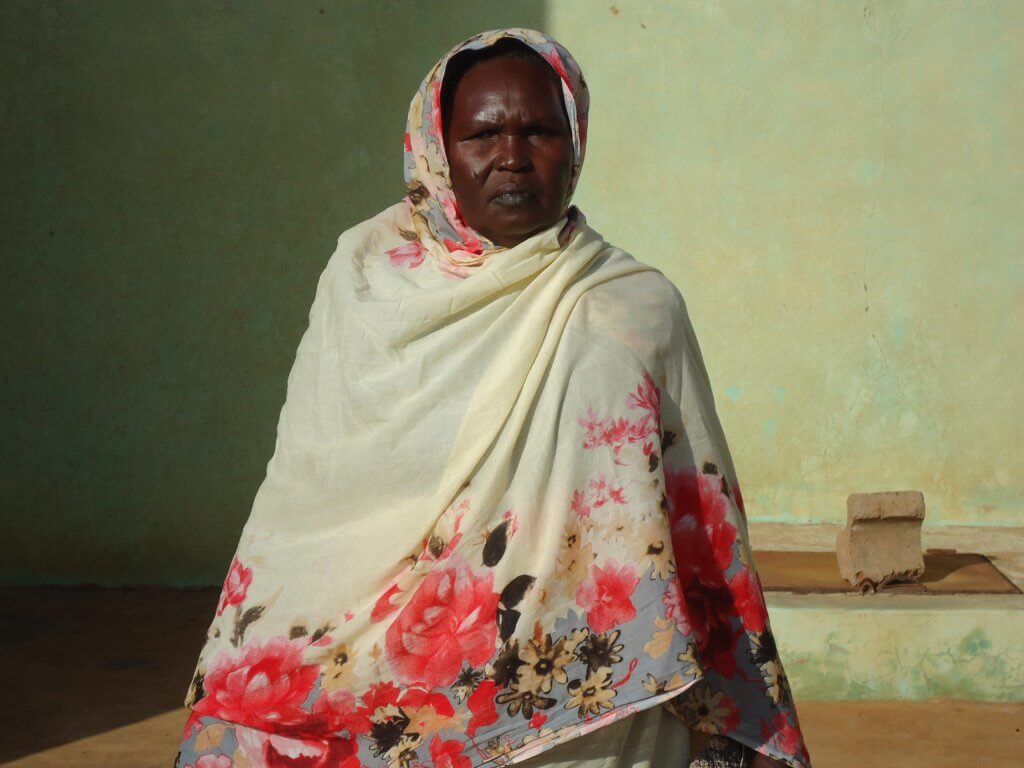
Clean, safe, and affordable cooking remains a challenge for many rural and urban communities in Africa. As the demand for energy sources increases – due to migration, economic development and advancing globalization – so does the pressure on forest resources. Wood is the primary source of cooking fuel in Sudan, leading to an increased threat of deforestation and a heavy burden on women’s health and domestic responsibilities.
A Near East Foundation initiative, initially funded by Comic Relief, is working to address this challenge by empowering communities to sustainably manage their forests. The initiative helps women in poor and remote communities increase their incomes, by introducing new techniques for producing and harvesting valuable non-wood forest products. It also supports families with the transition from charcoal to butane gas stoves, reducing pressure on local forests and the demand on women’s time.
Muna, from Umrwaba, is one of the participants in NEF Empowering Women through Non-Wood Forest Products project in Sudan.
Like many in her community, Muna relied on charcoal for her daily cooking. It took an hour and a half to cook just one meal with charcoal, detracting from other household duties and income-generating opportunities. In addition to lengthy cooking times, charcoal also cost Muna up to four times as much as cooking gas and increased the risk of fire, particularly during winter months.
NEF established a revolving fund to help women access the funds they need to switch from fuelwood to gas. Families receive an initial loan of 2,500 SDG (~$55) to purchase a butane gas stove, a loan which is repaid over eight months as savings accrue.
The switch to gas reduced the time it takes Muna to prepare meals by more than 50 percent, giving her more time to spend with her family and participate in community activities. And it led to a monthly savings of around 425 SDG (~$10), making educational and domestic fees more manageable.
Since the beginning of the project, more than 400 families in North Kordofan and South Kordofan have participated in the revolving fund. The initiative has directly benefited more than 5,500 people to date, with impacts that extend beyond natural resource management to include economic, community, and individual benefits.